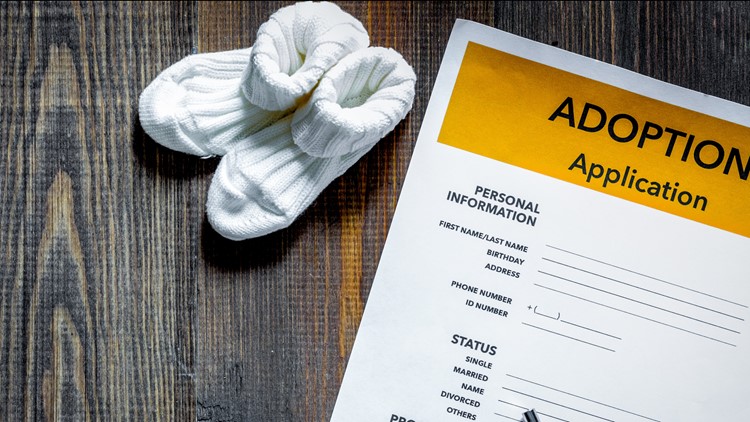ST. PETERSBURG, Fla. — For some families, adopting their children is the happiest moment. But what happens if the so-called adoption process was a scam?
Unethical adoption service providers can take advantage of the emotional moments of adopting and defraud the adoptive parents or birth parents who are considering adoption, the FBI reports.
There are some common schemes that people use when trying to scam, the FBI says. The most common are:
- Double matching: This occurs when a birth mother’s baby is matched to more than one prospective adoptive parent.
- Fabricated matching: This happens when prospective adoptive parents are matched to a fictitious birth mother, a birth mother who is not pregnant, or a birth mother who is not genuinely interested in placing her baby for adoption.
- Fee-related adoption schemes: This is when adoption service providers require prospective adoptive parents to pay exorbitant fees upfront or on a recurring basis but fail to provide the services promised.
Now people may be asking the most important question — how can I protect myself from this happening?
The FBI advises people to research before choosing an adoption service provider and to "be aware of what fraudulent providers may do or ask you to do."
Here is a list from the FBI of warning signs to look out for with adoption services:
- Misrepresent professional licenses or education
- Make unsolicited contact to sign up birth mothers or prospective adoptive parents
- Be difficult to reach via phone or email, despite multiple attempts
- Unnecessarily control communications between adoption participants
- Quote highly negotiable and inconsistent fees
- Encourage prospective adoptive parents to pay expenses immediately to avoid losing out on the opportunity to adopt
- Demonstrate a pattern of requesting additional unexpected fees throughout the process
- Make guarantees about the adoption process, such as:
- Matching within a specified time-frame
- Birth parents’ willingness to adopt
- How quickly and easily the adoption will be legally finalized
Some other red flags include a lack of proof of pregnancy, history of failed adoptions, adoption participants' pressures to sign documents they don't understand and adoptions participants encouraged to lie on statements and documents to finalize the adoption.
Choosing an experienced adoption professional, having proof of pregnancy, not ignoring the "warning signs," checking the relationship with the birth mother and making sure payments are handled through an adoption professional is the safest way to avoid adoption fraud, according to the Adoption Network.
It's not only families looking to adopt who can be scammed, parents putting their children up for adoption can be caught in a situation like this as well.
The FBI says being coerced or manipulated into placing a child for adoption, getting assigned adoptive parents without getting a say in the choice and being pressured to follow through with adoption or being told to repay covered expenses if you change your mind are red flags as well.
Adoption Network also reminds people while adoption fraud is real, not all failed or disruption adoptions are scams.



